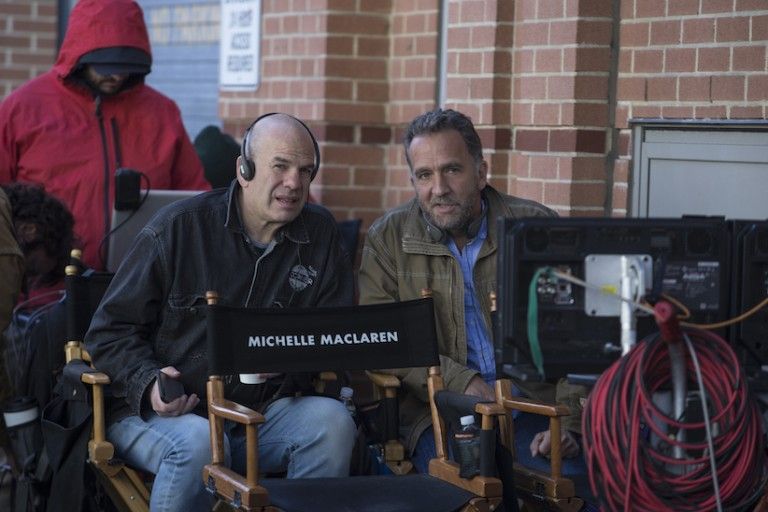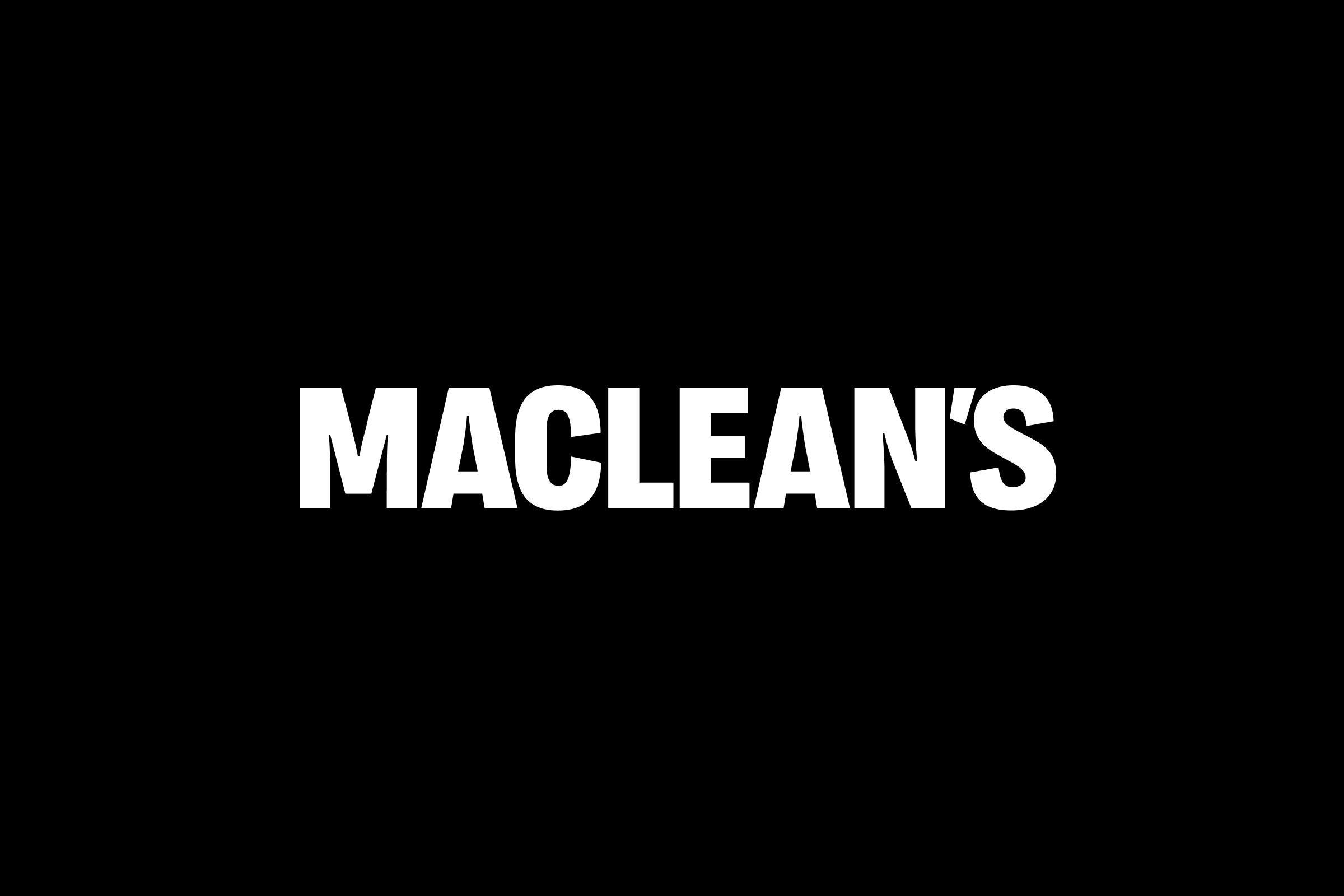David Simon
David Simon, creator of ‘The Wire,’ on porn, politics and policing
David Simon and George Pelecanos on the legacy of ‘The Wire,’ the state of the U.S., and their new HBO series ‘The Deuce’
David Simon: New Orleans is “An American Brigadoon”
That’s what he tells James Poniewozik, anyway. Time will tell whether this comment is all part of his plan to sell the Treme rights to Broadway.*
Finally, an insider’s New Orleans
Award-winning writer Joseph Boyden gets caught up in the magic of the new HBO series ‘Treme’
THE WIRE: Ambition and Limitation
David Simon interviews always have something interesting in them, because the guy doesn’t talk like a Hollywood screenwriter (unlike, say, Alan Ball, who has internalized every cliché that Hollywood types mistake for profundity). His new eight-page interview with Vice Magazine is a particularly good one, containing — in equal measure — insights into why The Wire was so great and why its reputation as the Greatest Achievement In the History Of Anything might be a tad overblown. One moment that provides both insights simultaneously is where he talks about one of the things he did that conventional TV shows don’t do: he would not change his plan for the show in response to the unanticipated success or popularity of a character.
Two TV-Related Articles Worth Reading
1. David Simon, creator of The Wire (aka “TV for people who claim not to own TV sets”) says that television as a medium has “short-changed itself” because of advertising, and that “only when television managed to liberate itself from the economic construct of advertising was there a real emancipation of story.” I pass that along with a certain reluctance, because I think it’s basically poppycock.* The way Simon describes it, it sounds like the equivalent of saying that theatre has short-changed itself by the need to have between one and four intermissions, and not until the intermissionless Man of La Mancha did the art form really liberate itself. It’s an even odder argument in a time when HBO is being outdone by other cable channels that do have commercial interruptions. But Simon made a great show, one that probably couldn’t have been done on a network with advertising, and anything he says is on the subject is of interest. (And having argued that the over-abundance of commercials and the shrinking of running times is really hurting network TV, I’d never argue that commercials can’t have a negative effect on content. They do all the time, not just in terms of the way stories are told but in what advertisers are willing to accept.)

